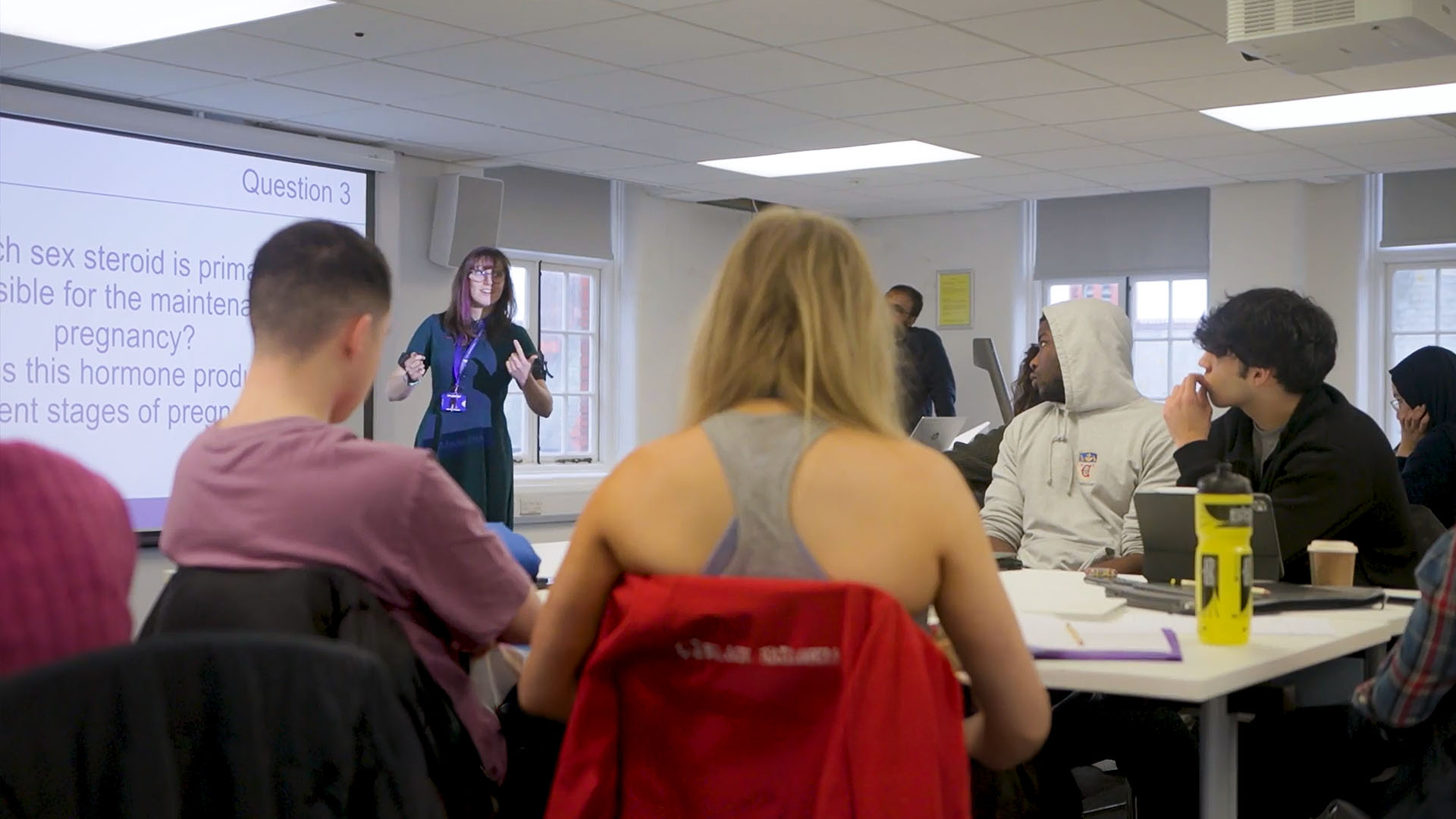
New for the 24-25 academic year, we have delivered our first online Trust Based CBL webinars and workshops. This followed requests for further guidance and support from our NHS Teaching Trust partner sites and our colleagues who deliver CBL to our 3rd, 4th and 5th Year Student Doctors.
As a result, the School of Medicine worked collaboratively to offer new training for staff to help them best facilitate these sessions, aiming to achieve uniformity in teaching excellence across the region. The training has been well received and allowed us to further develop our CBL offering within the School towards promoting best practice and strong learning outcomes.
It is also a rewarding experience for existing clinical practitioners who are perhaps looking to become more involved in medical teaching or looking to develop from a different area of clinical teaching; a view I believe is summed up well in the quote below from my colleague Dr George Ampat:
This experience has reignited my enthusiasm for the broader field of medicine, allowing me to explore new research, diagnostic challenges, and fundamental medical sciences beyond orthopaedics. The thrill of science, discovery, and evolving medical knowledge was what initially inspired me to pursue a career in medicine. Through CBLs, I have rediscovered this intellectual excitement, making it a deeply rewarding and transformative experience.'
The webinar and workshop are offered quarterly to staff involved in CBL teaching, those interested or those who may become involved in due course. The workshop builds on the base theory covered in the webinar with more practical everyday tips and strategies to improve your CBL facilitation.
Firstly, why not take a look at one of our Facilitated CBL sessions in action? The following is a short clip from a Year 2 session involving the gastrointestinal system. The session focused on 3 different cases, of which the third is presented in a snapshot below:
The feedback we have had so far from the CBL sessions highlighted the value of exploring Socratic questioning techniques, as well as the discussions around practical facilitation tips and interactive elements like case-based exercises and breakout discussions. Most attendees appreciated the structured overview of CBL and its educational rationale, with many finding it a helpful refresher. Some other thoughts on it were:
"It provided great insights into some of the difficulties in delivering these teaching sessions and how to overcome these in a constructive way to promote robust learning"
"I found it great seeing an example of a session and how the facilitator used the different approaches we discussed in the earlier part of the afternoon's discussion"
In closing, and by way of hopefully enticing any interested parties further, below is a sample from an event ran in December covering CBL facilitation and the preparation/tailoring involved in delivering sessions to different groups:
We would really like to welcome any trust-based colleagues involved with CBL to our next webinar and workshop event on Wednesday 2nd April. There is still time to sign up, and don’t worry if you can’t make it as our 4th event of the year will be on Tuesday 1st July.
If you are a member of FACE, you can sign up to the event on Wednesday 2nd April at this link.
Dr James Young